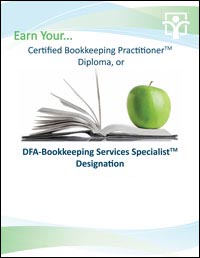Last updated: May 09 2012
New from the Canada Revenue Agency: Gift certificates and joint ventures
The Canada Revenue Agency (CRA) is always updating its website and two recent additions are worth noting ó the form, RC354 Election for Transitional Relief by a Participant Taxpayer of a Joint Venture and the 7-page GST/HST Policy Statement re the treatment of gift certificates.
Prior to March 22, 2011, in certain cases the CRA allowed a joint venture to establish a fiscal period different from the tax year of participants. That is no longer the case. For tax years ending after March 22, 2011, each participant taxpayer ó be it individuals or trusts ó must calculate the income from a joint venture according to the taxpayer's tax year. That means this year the income earned from the end of the joint venture's fiscal period to the end of the Dec. 31, 2011, tax year ó the "stub period incomeî ó has to be reported on your 2011 return.
But you can request transitional relief, hence the RC354. Complete this form and the CRA will allow you to exclude the stub period income from your 2011 income. Instead you can report it over the following five years.
GST/HST Policy Statement, gift certificates, or P-202, delineates when taxes become payable for gift certificates, with a large focus on defining the characteristics of a valid gift certificate under Section 181.2 of the Excise Tax Act. Various examples are provided.
The CRA considers a gift certificate to have all of the following attributes:
- It has a monetary exchange value that is evident on the certificate or that is easily determined by the parties involved. Note: Certificates or gift cards that can be "topped-upî still fit in this category.
- It is issued or sold for use at a particular supplier, whether by that supplier or a third party. The amount paid may not necessarily be the same as the monetary exchange value.
- It is accepted as a form of payment for a good or service at that supplier.
- The bearer of the certificate is not required to do anything other than present the certificate for payment, as if it were cash.
- The certificate should not have value other than its monetary exchange value. P-202 gives the example of a company issuing "goldî certificates that are either redeemable for some good or service or frameable as a collector's piece as celebration of 50 years in business. As a result of the intrinsic value of the piece, the certificate would not be held to be a valid gift certificate under s. 182.1 of the ETA.
If these conditions are met, then the sale of a gift certificate is deemed not to be supplies for GST/HST purposes and there is no GST/HST payable. When presented at the retailer, the certificates are deemed to be money for GST/HST purposes. At this stage, if applicable, the GST/HST will be payable on the value of the whole supply.

